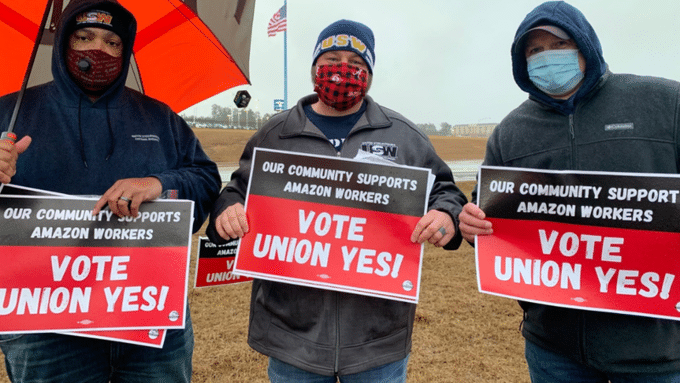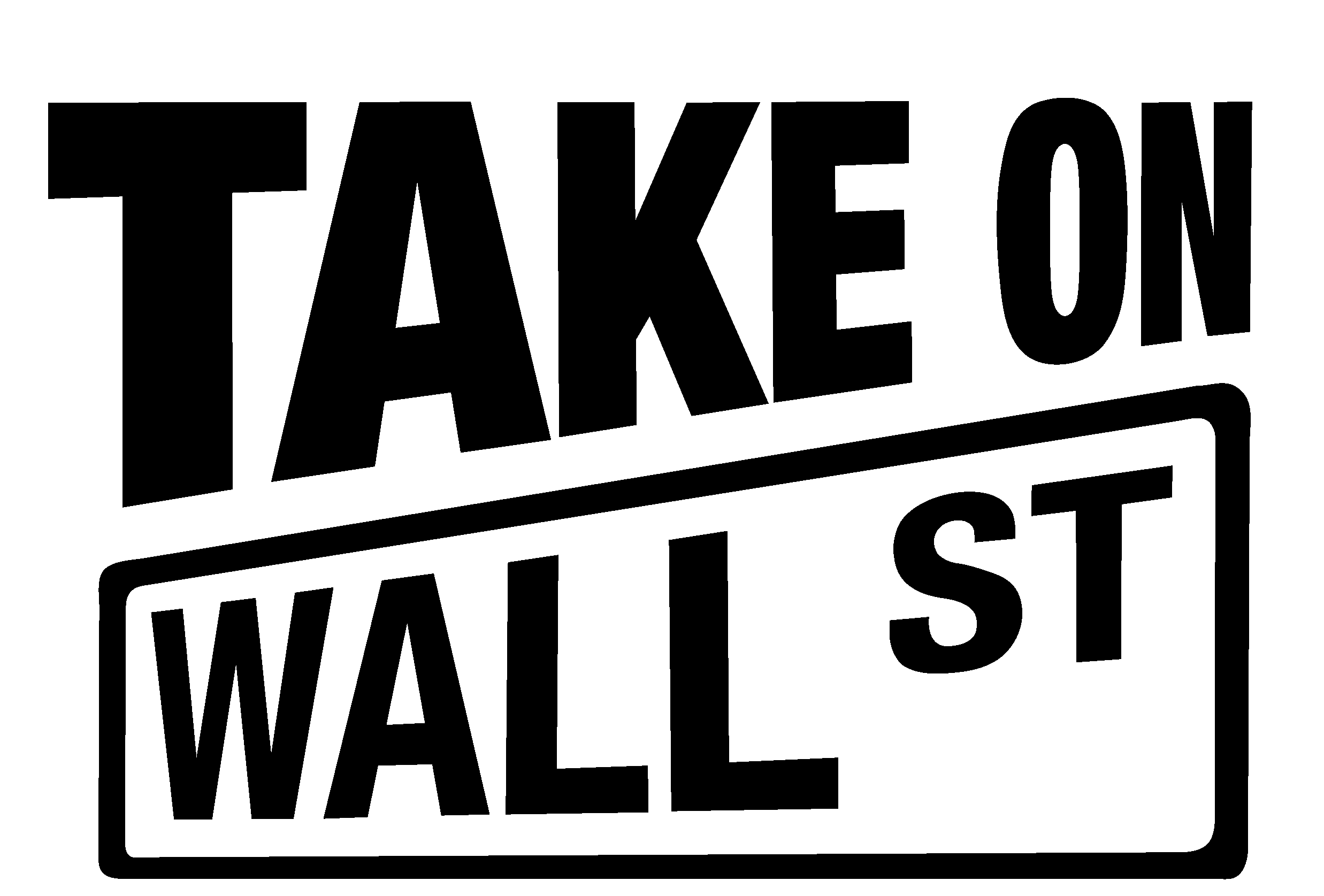
This post was authored by Porter McConnell & Mandla Deskins.
While Black, white, and Brown working people are struggling to recover from the pandemic, C-suite executives are using legalized self-dealing to take an ever-growing share of profits. According to the Commerce Department, the last time margins were this large was 1950. Even Morgan Stanley economists are raising the alarm about the widening mismatch between what workers get paid and the profits the C-suite takes home.
And make no mistake, they are taking it home, in the form of “stock buybacks.” A buyback is when executives direct their company to purchase shares of their own stock to drive up share prices. This reduces the number of shares, raising the price and putting cash in the hands of shareholders, including the company’s own executives because they get paid in stock. The third quarter of this year is likely to break a record for stock buybacks: S&P 500 firms have bought back over $200 billion of their own stock.
What’s wrong with this picture?
First, stock buybacks worsen the racial wealth gap: corporate strategies to boost share prices enrich the overwhelmingly white executives and shareholders, while leaving Black and Latinx families further behind. Black and Latinx households each own only 1 percent of the total stock market value — figures that have not budged for the past 30 years — while white families hold 90 percent of the stock market value.
Second, stock buybacks exacerbate economic inequality for everyone. The wealthiest 10 percent of households control 88 percent of the stock market, and the top 1 percent alone own 53 percent of the market.
Third, stock buybacks divert resources from investing in companies and jobs. Share buybacks are associated with layoffs and depressed wages. After two Boeing Max 737 planes crashed within five months of each other in 2019, it was revealed that Boeing had recently authorized a massive $20 billion in stock buybacks at the expense of testing and safety investments. Companies are even borrowing money to pay their executives buybacks, then they’re stuck paying that debt instead of investing in workers, new products, or new services.
What can be done about it?
The House recently passed a 1 percent tax on stock buybacks in its version of the Build Back Better Act. This will help curb excessive shareholder payouts to wealthy executives and shareholders to fund infrastructure like child care. Even a 1 percent tax on stock buybacks would generate $12.5 billion annually.
Ultimately, we need to return to the pre-1980s rules which considered stock buybacks on the open market an illegal market manipulation, as Senator Tammy Baldwin’s Reward Work Act proposes. But a tax on stock buybacks is at least a down payment. If we’re to have any hope of fixing what’s broken in corporate America, Congress needs to keep this provision in the final Build Back Better Act.
For more, check out the latest factsheet from Take on Wall Street and Americans for Financial Reform: Tax Corporate Stock Buybacks that Enrich Executives and Worsen Inequality.

Leave a Reply